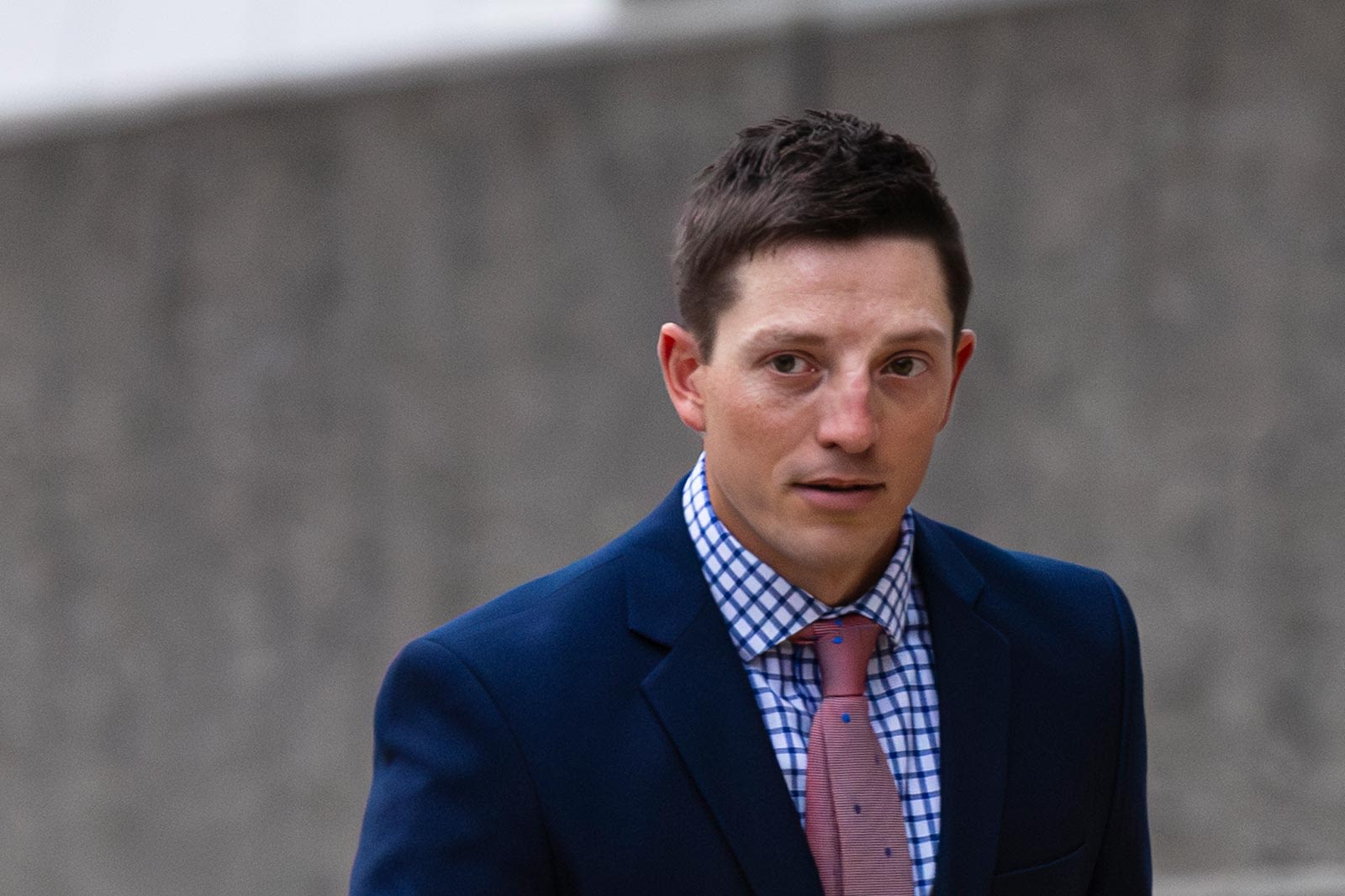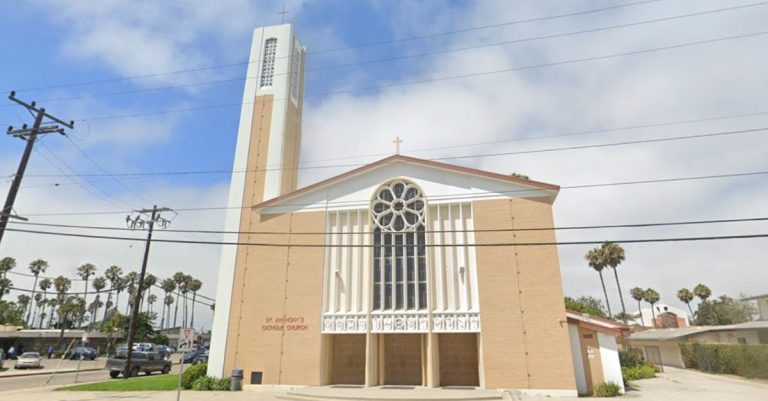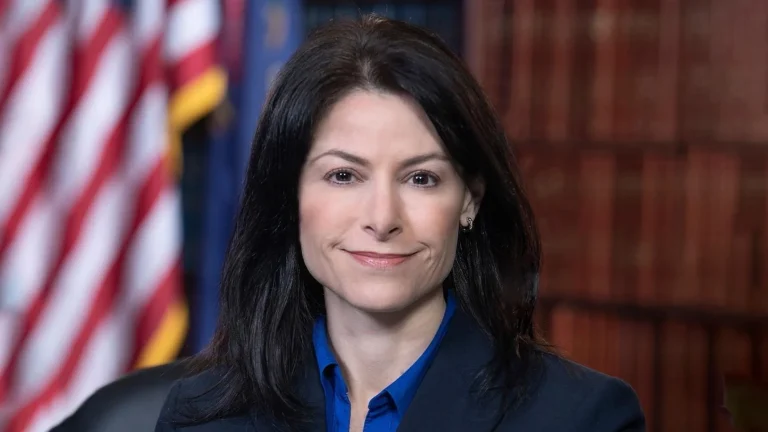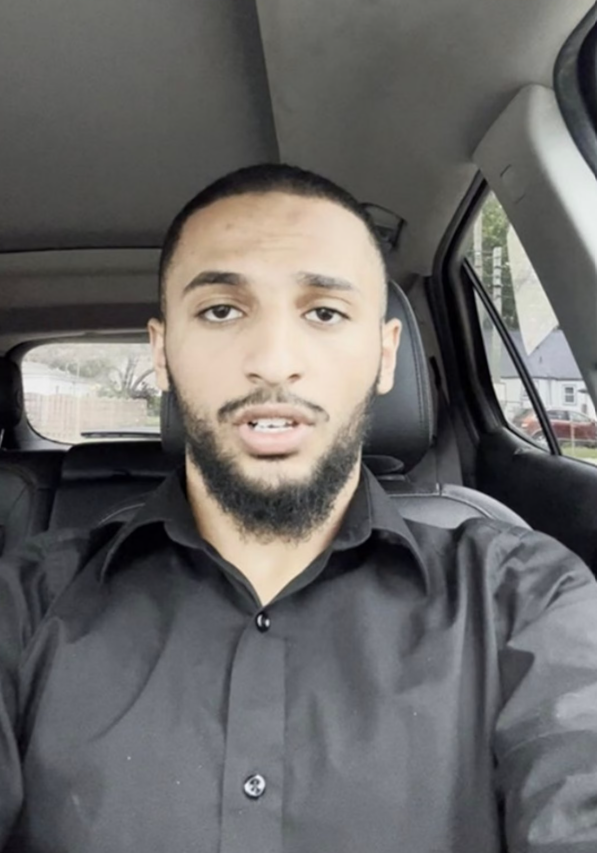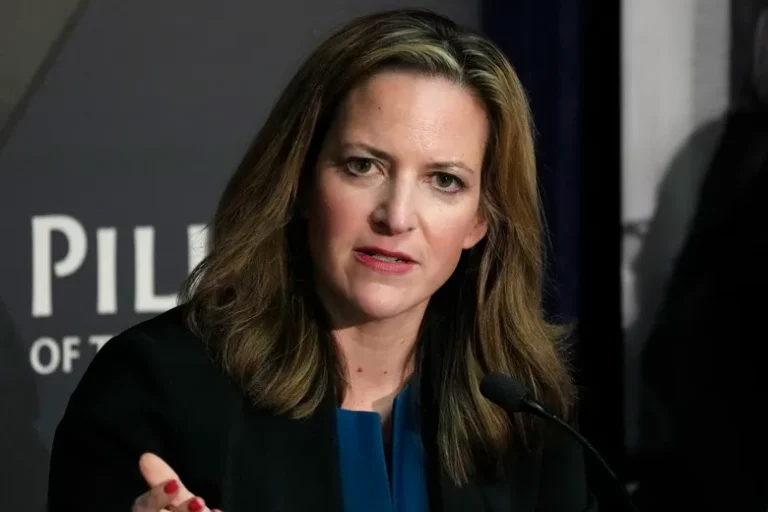Mistrial Declared in Michigan Murder Case Against Officer Who Fatally Shot Patrick Lyoya
In a highly publicized, highly emotional case in the state, a judge in Michigan declared a mistrial when jurors indicated they could not agree on the verdict in the murder trial of ex-Grand Rapids police Officer Christopher Schurr. The trial involved the April 2022 in-service fatal shooting of Patrick Lyoya, a 26-year-old Black man from the Democratic Republic of Congo, when Schurr stopped him.
The jury deliberated for four days but were unable to agree on a unanimous verdict and had to be instructed to halt proceedings by Kent County Circuit Court Judge Christina Mims in declaring a mistrial. The outcome is a dramatic, if not perhaps unsurprising, twist of fate in a high-profile case which has re-ignited national debate around policing, race, and the use of lethal force.
What Happened
The stop was on a rainy morning in a Grand Rapids neighborhood. The officer stopped Lyoya’s car because the registered number on the license did not agree with the registered number of the vehicle. Video, captured by various sources – Schurr’s bodycam, a passerby’s cellphone, and a doorbell camera in the area captured what happened.
Lyoya got out of the vehicle, seemingly in a trance and demanding that the officer tell him why he was stopped. Instead of complying with the officer’s commands, Lyoya attempted to flee. There was a struggle and physical altercation, during which Lyoya and Schurr engaged in a fight on the ground. Lyoya briefly overpowered Schurr at some point. In spite of repeated demands to release the gun, Lyoya did not. Schurr pulled out his weapon and fired one bullet into the back of Lyoya’s head, killing him immediately.
The Trial
The primary issue for the court to decide was whether or not the use of lethal force by Schurr was legitimate. The Michigan statute permits the use of lethal force by police if they have a reasonable belief that their life or another person’s life is at that moment under immediate threat of serious injury or death.
Seated in the witness box for his own trial, Schurr told the jury that he believed he would be murdered. If I had not acted when I did, I would not be here today,” he testified, the first time he has publicly spoken about the shooting. Schurr was also defended by other police trainers and police officers, who testified that it may be possible that losing the use of a stun gun while grappling might be a huge risk. Police instructor Captain David Siver also testified that the officer may be worried the gun would be used against him under such circumstances, even to the extent of losing his life and gun.
But prosecutors had argued that Lyoya did not mean to harm Schurr, even as he grabbed the stun gun. Kent County Prosecutor Chris Becker also presented that being in the wrong place doesn’t necessarily equate to deadly force. “You can’t take a life without a darn good reason,” he explained to the jury during closing arguments.
Community and Family Responses
Patrick Lyoya’s on-the-street murder triggered protests across Michigan and the entire country, fueling an already furious national discourse on police brutality against Black people. The shooting also made headlines due to timing, happening during relentless demands for police reform following the 2020 George Floyd murder in Minneapolis.
Patrick’s father, Peter Lyoya, was shocked when the mistrial was announced. In a speech to a news conference, he urged prosecutors to retry the case. “We will continue to fight until we receive true justice for Patrick,” he stated. The Lyoya family, represented by civil rights attorneys, also brought a civil suit against the City of Grand Rapids for $100 million in damages. They allege racial profiling and assert the traffic stop was not supposed to happen at all.
Defense attorney Matthew Borgula, representing Schurr, however, said in his opinion that the case should not be sent back for a retrial. Borgula spoke with the jurors and indicated most of them were leaning toward an acquittal and some were on a thread.
Broader Implications
The mistrial highlights the legal and emotional sensitivity of prosecuting police officers for on-duty killings. Legal analysts contend that jurors do not find it easy, particularly when officers claim they fired in fear for their lives. Without compelling evidence that the officer acted in duty or unseemliness, convictions are uncommon.
Prosecutor Chris Becker described how difficult a case it was and disclosed he had not made a decision about whether or not he’s going to request a retrial yet. Becker praised jurors on their commitment and passion but declined to comment on what they told him they found out through discussion.
Patrick Lyoya’s case is like that of so many others in recent times when anger from the public, video footage, and courtroom requirements all come together in the courtroom. More challenging to understand in the case, however, is the history of Lyoya – a war survivor of a refugee who suffered in Congo to be shot dead after a routine traffic stop in America. The autopsy report showed that there was too much alcohol in Lyoya’s system and that he was actively arrest in warrant. His family and his attorneys, however, indicate that none of those circumstances called for the use of deadly force. What’s Next
In the meantime, attorney Christopher Schurr’s future remains in the balance. Already released from the police force, his criminal culpability in the shooting remains undeveloped. The decision of whether or not to retry the case is left to Prosecutor Becker, who will likely consider both legal precedent and public opinion in making his choice.
As the world waits breathlessly to see what happens next, one thing is sure: the debate about police accountability and the worth of human life – Black human life, specifically has only just begun. The mistrial doesn’t end the book; it simply leaves the book unwritten.

